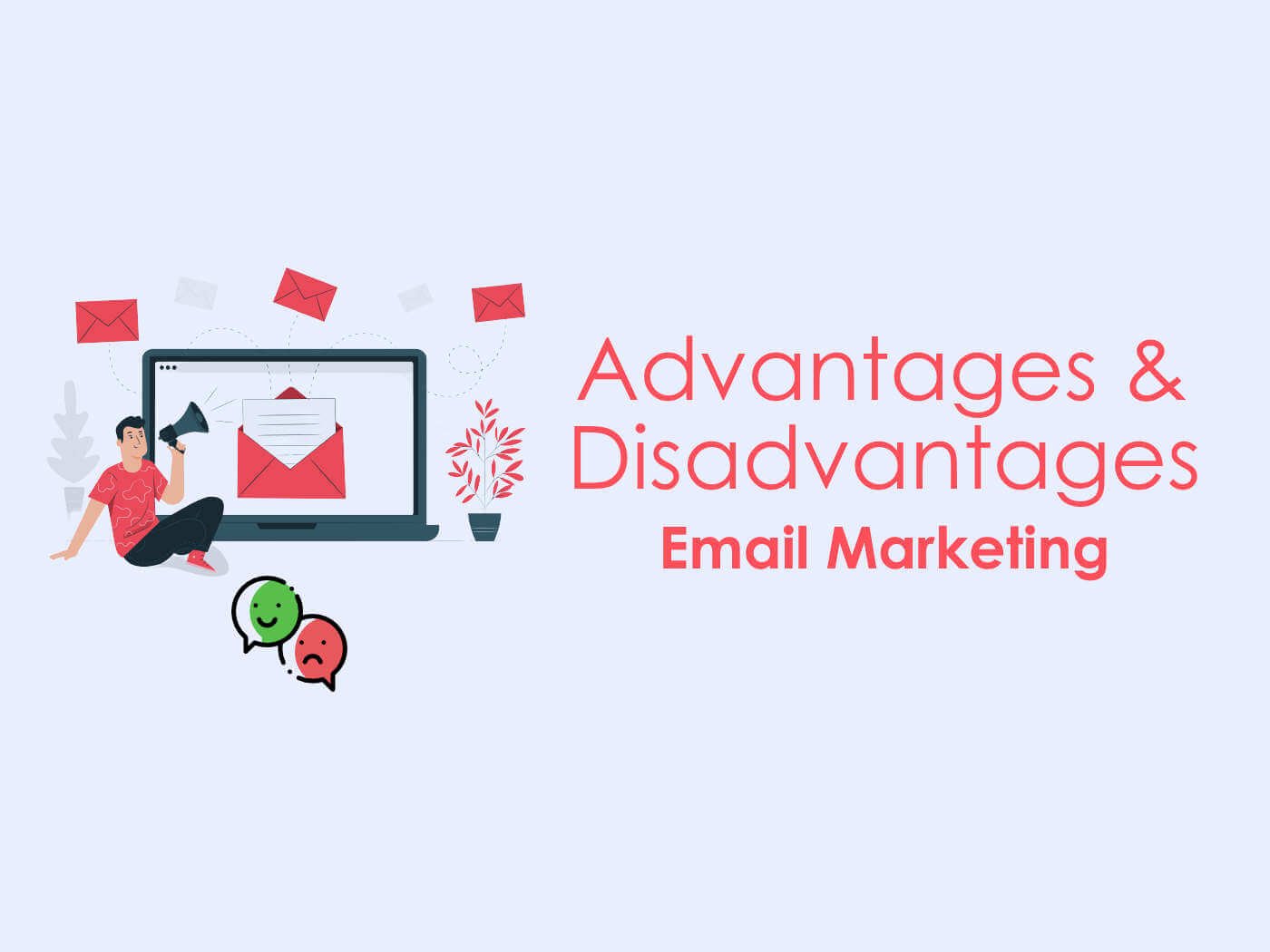
In the fiercely competitive and ever-evolving world of e-commerce, businesses are constantly searching for effective and efficient strategies to reach their target audience, drive sales conversions, and, perhaps most importantly, cultivate lasting and profitable customer relationships. While newer digital marketing channels continue to emerge and gain popularity, email marketing, remarkably, remains a powerful and highly relevant tool for e-commerce businesses of all sizes. It offers a unique and direct line of communication to both potential customers who have expressed interest and existing loyal customers, allowing for highly personalized messaging, laser-focused targeted promotions, and the consistent nurturing of customer loyalty that leads to repeat business. This direct connection fosters a sense of community and allows businesses to provide value beyond simply pushing products. However, like any marketing channel in the complex digital landscape, email marketing has its own set of inherent advantages and disadvantages. It’s not a magic bullet, and its effectiveness depends heavily on how it’s implemented. Understanding these inherent advantages and disadvantages of email marketing is absolutely crucial for e-commerce businesses to leverage email marketing effectively and maximize its return on investment, ensuring that resources are being used wisely and strategically.
This article will delve deeply into the specific advantages and disadvantages of email marketing as it applies directly to the e-commerce context, providing actionable insights into how businesses can harness its considerable power while simultaneously mitigating its potential drawbacks and avoiding common pitfalls. We’ll explore best practices for crafting engaging and compelling email campaigns that capture attention, segmenting audiences effectively to deliver the right message to the right person at the right time, and accurately measuring results to continually optimize and improve performance, ultimately helping e-commerce businesses make informed and data-driven decisions about their overall email marketing strategies. The “advantages and disadvantages of email marketing” within the dynamic and demanding e-commerce landscape are absolutely critical to understand and master for sustained success in the digital marketplace.
Advantages and Disadvantages of Email Marketing
Advantages of Email Marketing for E-commerce
Email marketing offers a plethora of advantages for e-commerce businesses. One of its most significant strengths, and a key factor when considering the advantages and disadvantages of email marketing, is its cost-effectiveness. Compared to other marketing channels, email marketing can be relatively inexpensive, especially when using email automation tools. It enables companies to reach a big audience without going over budget. Targeted messaging is another key advantage. E-commerce businesses can segment their email lists based on demographics, purchase history, browsing behavior, and other factors, enabling them to send highly personalized and relevant messages. This level of targeting increases engagement and conversion rates, further highlighting one of the core pros and cons of email marketing for e-commerce success.
Email marketing is also excellent for building customer relationships. Personalized welcome emails, birthday greetings, and exclusive offers can make customers feel valued and appreciated, fostering loyalty and encouraging repeat purchases. It provides a direct line of communication for sharing important updates, promotions, and exclusive content. Furthermore, email marketing is highly measurable. Businesses can track open rates, click-through rates, conversion rates, and other metrics to assess the effectiveness of their campaigns and make data-driven adjustments. This allows for continuous optimization and improvement of email marketing strategies. Finally, email marketing drives repeat purchases. By nurturing customer relationships and providing personalized offers, e-commerce businesses can encourage customers to return and make additional purchases, increasing customer lifetime value.
Disadvantages of Email Marketing for E-commerce
Despite its many advantages, email marketing also has its disadvantages. When weighing the advantages and disadvantages of email marketing, one of the biggest challenges is spam filters. If emails are not properly crafted or if email lists are not properly managed, they can end up in spam folders, rendering the campaign ineffective. Deliverability issues can also arise if email lists contain invalid or inactive email addresses. Maintaining a clean and up-to-date email list is crucial for ensuring that emails reach their intended recipients, and this is a key consideration when evaluating the pros and cons of email marketing.
Time and resource investment is another consideration. Creating effective email campaigns requires time and effort. Businesses need to develop compelling content, design visually appealing emails, and manage their email lists effectively. This can be particularly challenging for small businesses with limited resources. Finally, changing email regulations, such as GDPR and CCPA, require e-commerce businesses to be mindful of data privacy and obtain proper consent from subscribers before sending them marketing emails. 18 Failure to comply with these regulations can result in penalties.
Mitigating the Disadvantages
E-commerce businesses can mitigate the disadvantages of email marketing by implementing best practices. Using double opt-in forms can help ensure that subscribers are genuinely interested in receiving emails. Segmenting email lists and personalizing messages can increase engagement and reduce the likelihood of emails being marked as spam. Regularly cleaning email lists and removing inactive subscribers can improve deliverability rates. Investing in email marketing automation tools can streamline the process and save time. Staying up-to-date on email marketing regulations and ensuring compliance is essential.
In conclusion, Email marketing, when used strategically, can be a powerful tool for e-commerce businesses. While it has its disadvantages, the advantages often outweigh the drawbacks, especially when businesses implement best practices and address the challenges proactively. By understanding the “advantages and disadvantages of email marketing” and tailoring their strategies accordingly, e-commerce businesses can leverage this channel to drive sales, build customer loyalty, and achieve sustainable growth. It is a balancing act, but one worth mastering for e-commerce success.

